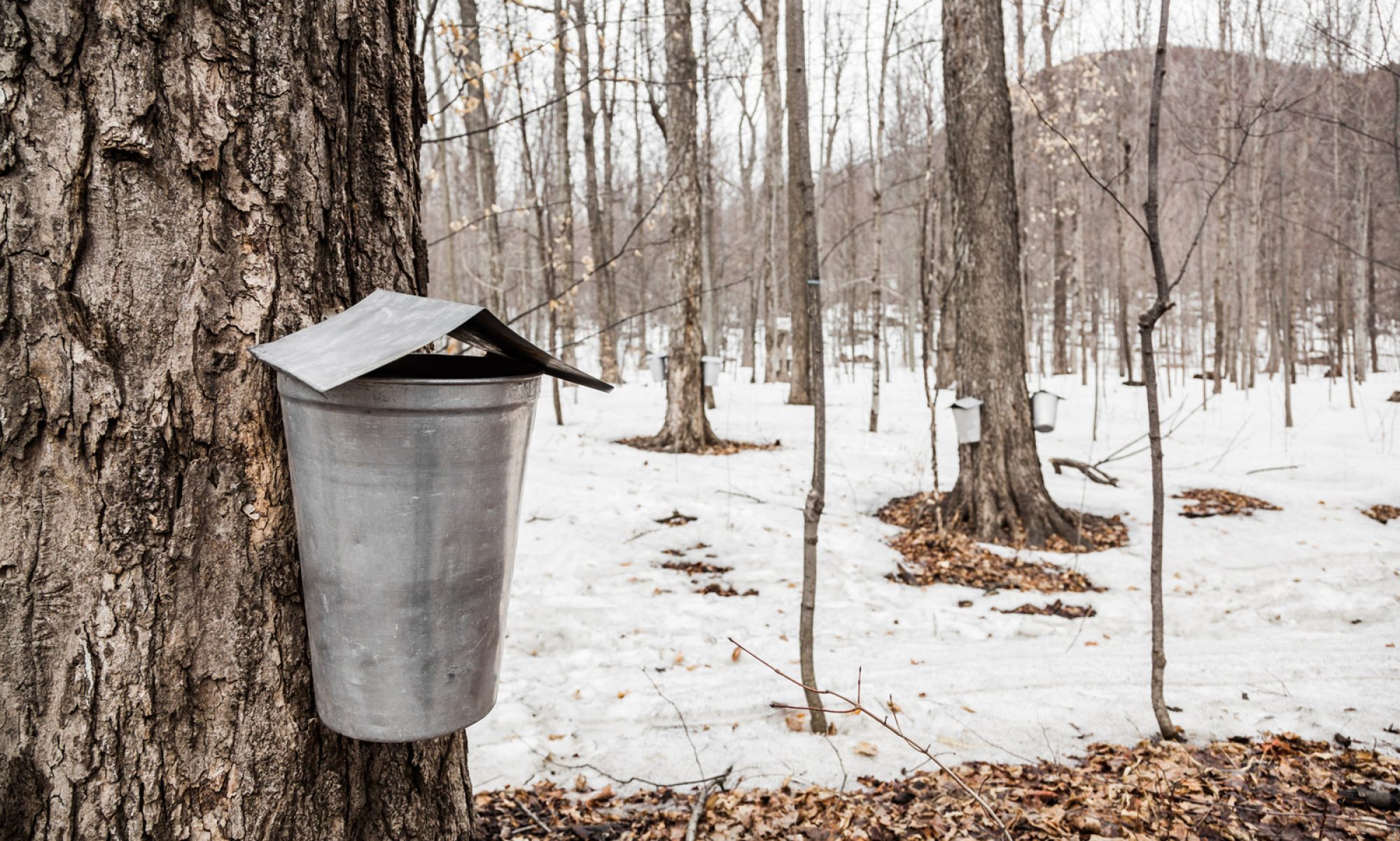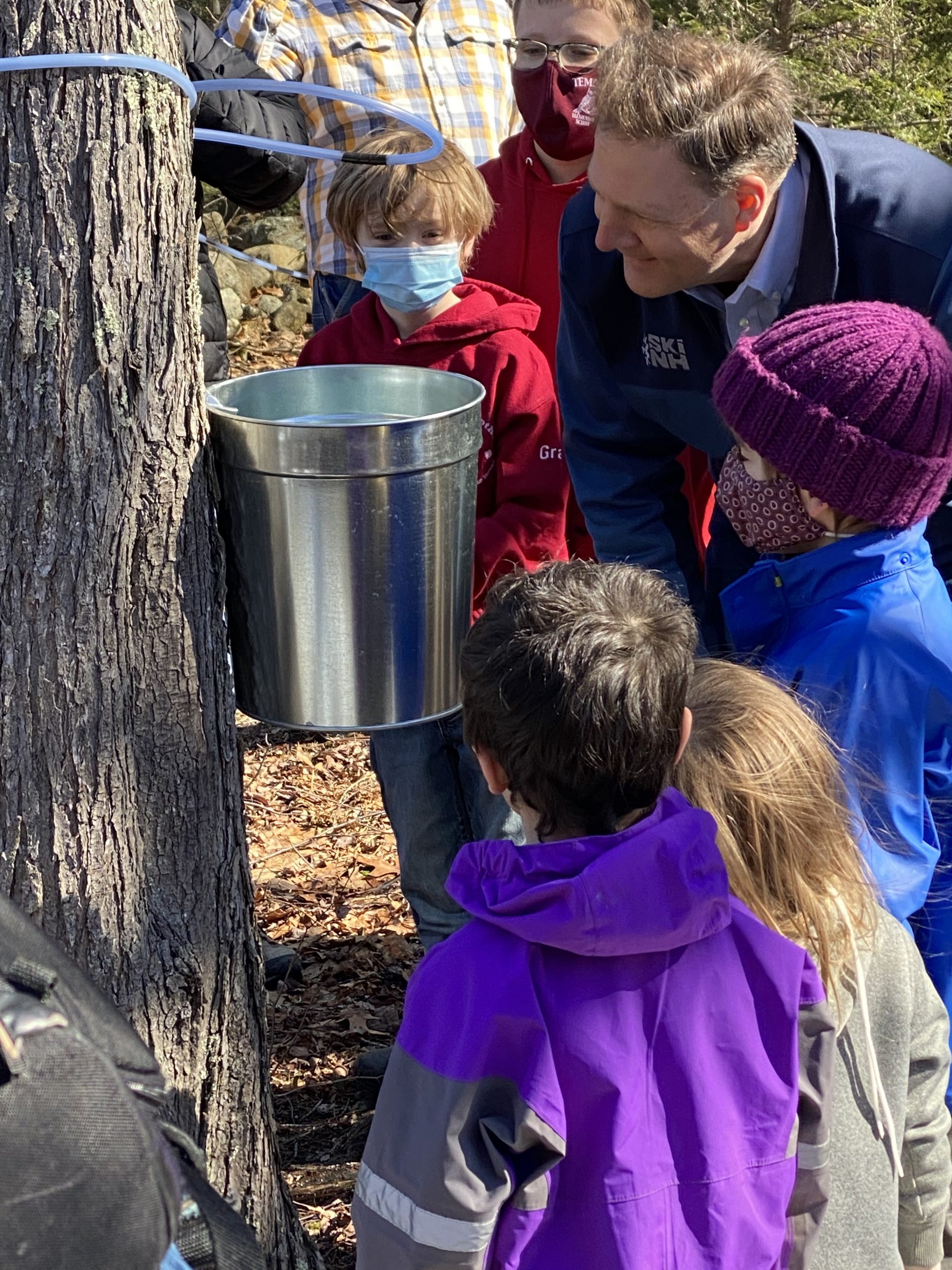This year’s tree tapping will take place at Stuart & John’s Sugarhouse located at 31 Route 63 in Westmoreland
The 2022 maple season has arrived! Sugar makers across the state are beginning to collect sap and will soon be boiling to make pure maple syrup. To celebrate the season Governor Christopher Sununu will be participating in the ceremonial tree tapping on Friday, March 11th at 9:00 a.m. This year’s tree tapping will take place at Stuart & John’s Sugarhouse located at 31 Route 63 in Westmoreland. This annual event will be hosted by the New Hampshire Maple Producers Association (NHMPA).
Members of the NHMPA and others who are interested are invited to attend. A small group of local school children will also be attending as well. Light refreshments will be available.
Stuart & John’s Sugarhouse is excited to host the event this year. Alisha Adams Powell of the sugarhouse said, “We have been sugaring here at Stuart & John’s for nearly 50 years and it is a great honor for us to host the Governor for this great NH Maple Producers Association event this year.”
Stuart & John’s Sugarhouse was established in 1975 when then teenagers Stuart Adams and John Matthews started sugaring together. Soon after, Stuart’s parents, Roger and Ellie, opened the pancake house which has been a seasonal restaurant ever since. Today, Stuart and his wife Robyne, along with many family members and friends, run the restaurant in addition to their dairy farm, Windyhurst Farm. Windyhurst was recognized with the Green Pastures award in 2021. Stuart & John’s will be participating in Maple Month with tours every weekend in March, including Maple Weekend. They will offer extra activities such as free sugar on snow on selected days. Check their website at www.stuartandjohns.com and social media pages for up-to-date information.
The Granite State is celebrating New Hampshire Maple Month throughout March. Producers will be offering tours, tastings, demonstrations and more throughout the month. Be sure to visit a local sugarhouse to see and taste the New Hampshire maple season! To find a sugarhouse near you, visit the NHMPA website at www.nhmapleproducers.com.


